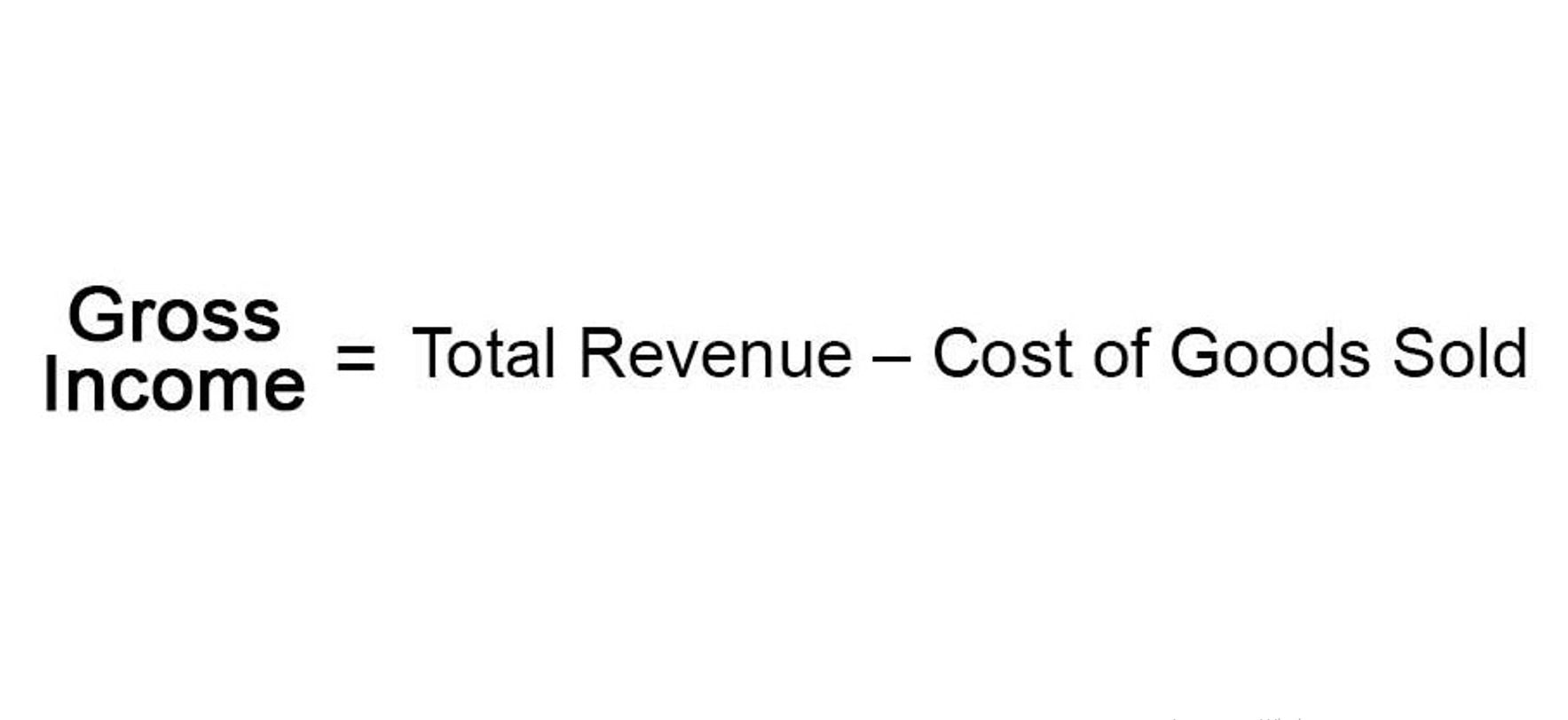
Even if you ask your accountant to close your books for you, it’s important to understand the basic steps involved so you know what to expect. This can lead to increased difficulties and possible mistakes when assembling things like an income statement or other accounting records. Researchers in 2019 documented a significant correlation between the poor quality of accountants’ work and tight deadlines. Finance teams may need to differentiate between what is possible and what is necessary to establish realistic deadlines for their closing process. If there is a discrepancy, it will be your finance team’s job to identify and confirm the cause.

Bookkeeping for startups: Everything you need to know
These reports provide stakeholders with a view of the company’s financial performance. The income statement is prepared first, showing the company’s revenues, expenses, and resulting net income or loss over the period. Regularly closing your books will prevent unwanted changes from occurring to your accounting data after you generate important financial reports for your accountant or tax professional. Since income statement accounts record current year activity, they must be zeroed out or closed at the end of each accounting period.
Financial Accounting
This analysis helps in assessing the collectability of outstanding balances. Similarly, accounts payable must be examined to ensure all bills from vendors that relate to the current period have been received and recorded. These temporary or “nominal” accounts are zeroed out and reset when closing entries are added to an accounting system so they https://www.bookstime.com/ don’t affect the next accounting period.

What Is the Book Closing Process in Accounting?

A trial balance is a report that adds up all the credits and debits in your business. You want your total credits to be the same number as your total debits—if they aren’t, go back and check your work. If the credits and debits are equal, your accounts balance, and you’re ready to go to the next step. Closing the books in accounting requires a process that reviews all your financial data, reconciles the accounts, and provides final totals that give you insight into your financial status.

How to ensure your books are closed properly each month
It’s easier to make adjustments to journal entries when you use accounting software with connections to expert bookkeepers and tax prep services. Engaging in real-time bookkeeping provides several advantages, including up-to-date financial data to support decision-making and help you spot errors early. You can automate reconciliation, saving your team time and reducing mistakes. The more accounts your team manages and subsidiaries your company has under its umbrella, the closing process is sometimes referred to as closing the books. the more complex your accounting will become. As you try to close the books on all these accounts simultaneously, your time constraints and pressures are multiplied. You’ll begin to reconcile your accounts with the information in your financial statements.
Why we close the books
- Obviously, with our computer data storage systems, we just keep adding journal entries to our digital files.
- Be on the lookout for dirty data, deadline pressures, overly complex processes, the difficulties of managing multiple accounts, and the need for compliance.
- Occasionally, revenue and expenses are transferred to an intermediate account called an income summary.
- Accrual accounting is one of the reasons closing the books is so important.
To begin closing the books, review the financial statements that contain this information. Check income summary What is bookkeeping documents and the balances in temporary accounts to start. However, there is still a closing process that prevents the accountants and bookkeepers from accidentally posting entries to the prior period. The closing process means any books and records that produced the official financial statements are “closed” to any further entries that would cause them to no longer match the published financials. With the books officially closed and balanced, the finalized financial statements for the period can be generated.

